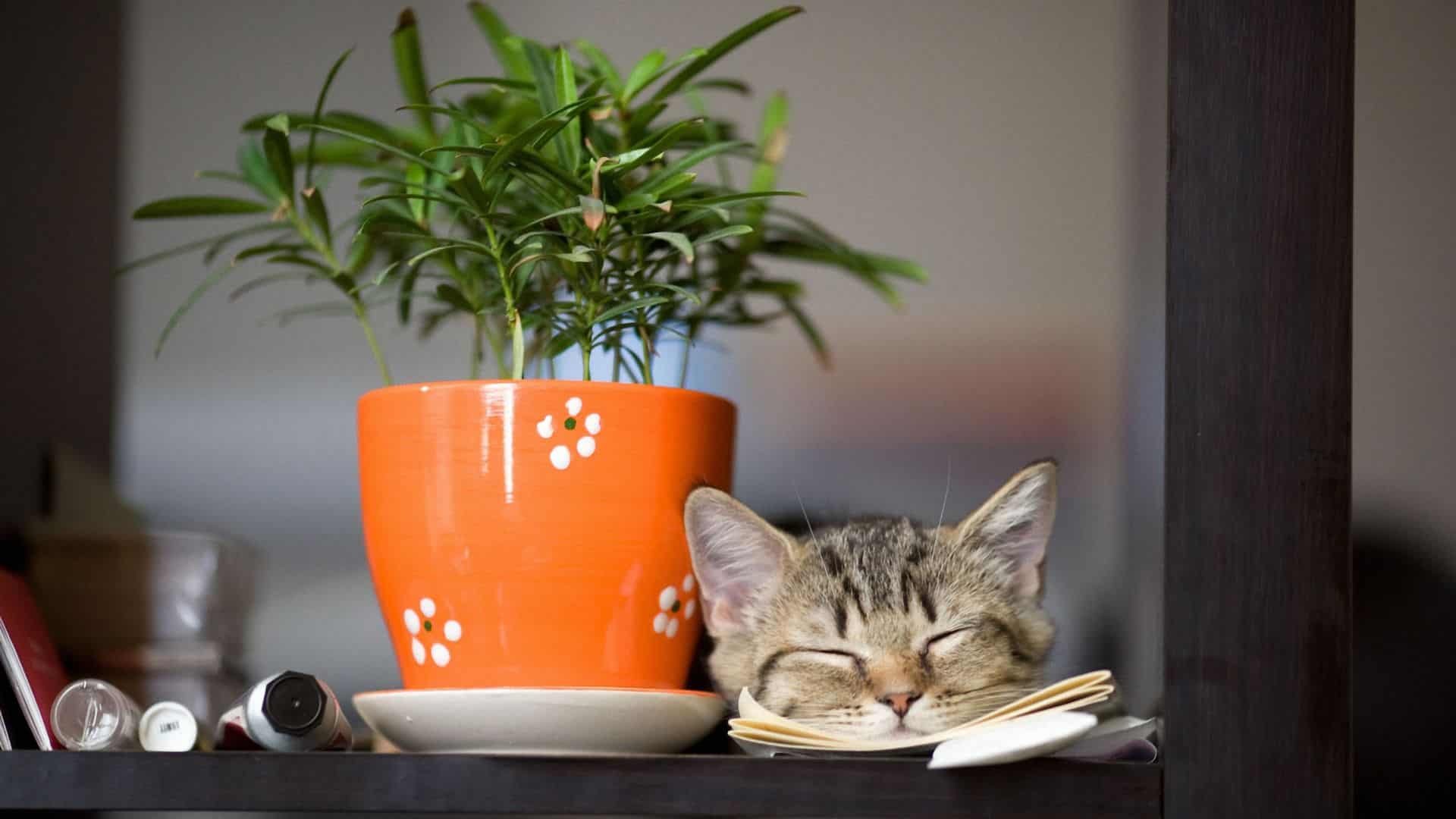Tossing and turning? Melatonin: an ancient sleep secret for modern sleep disorders

Sleeplessness, that sneaky and exhausting foe, has become increasingly common in today’s fast-paced, technology-saturated world. Tossing and turning at night, constant fatigue, and difficulty concentrating are just a few symptoms that may indicate a lack of sleep. But did you know that the solution might lie in ancient wisdom that modern science is just beginning to understand? Melatonin, the mysterious hormone produced by our bodies, has been linked to sleep and well-being throughout history. Let’s delve deeper into this fascinating topic to understand how melatonin might be the key to better sleep.
Insomnia and sleep disorders: widespread, but not inevitable
Insomnia is not just a nuisance; it’s a serious health issue that can affect both mental and physical well-being. Chronic sleep deprivation has been linked to various health problems, including heart disease, diabetes, depression, and even dementia. Fortunately, insomnia is not an inevitable fate. By understanding the causes of sleep disorders and utilizing different approaches, including the potential of melatonin, it’s possible to restore a healthy sleep cycle and improve overall quality of life.
Melatonin: the sleep hormone produced by your body
Melatonin is a hormone produced by the pineal gland in the brain. It acts like an internal clock, regulating our sleep-wake cycle, also known as the circadian rhythm. As darkness falls, the pineal gland starts producing more melatonin, signaling to the body that it’s time to rest and prepare for sleep. When morning light arrives, melatonin production decreases, helping us wake up and feel energized.
However, modern lifestyles, where we are constantly surrounded by artificial light and screens, can disrupt the natural production of melatonin. This, in turn, can lead to sleep disorders, making it harder to fall asleep and reducing sleep quality.
How ancient cultures utilized melatonin-rich foods and natural rhythms
Long before the invention of electric lights and smartphones, ancient cultures understood the importance of light and dark cycles in regulating sleep. They followed the natural rhythm of day and night, rising with the sun and going to bed as the sun set. This ensured their bodies received adequate exposure to sunlight during the day and darkness at night, which in turn supported the natural production of melatonin.
Moreover, ancient cultures were aware of the melatonin-rich properties of certain foods. For example, cherries, nuts, oatmeal, and bananas are natural sources of melatonin, which were consumed in the evenings to promote sleep. Various herbs and plants, such as lavender and valerian, were also used for their calming and sleep-inducing effects.
Melatonin today: scientific evidence and practical tips
Modern science has confirmed the wisdom of ancient cultures regarding melatonin. Studies have shown that melatonin plays a crucial role not only in regulating sleep but also in strengthening the immune system, slowing down the aging process, and even preventing cancer. Melatonin supplements are successfully used to treat insomnia, jet lag, and sleep problems in shift workers.
However, you don’t always need supplements to increase melatonin levels. There are many simple and effective ways to support your body’s natural melatonin production and improve sleep quality:
Simple tips to boost melatonin levels
- Create a sleep-conducive environment: Make your bedroom dark, quiet, and cool. Use blackout curtains, earplugs, or a fan to create the ideal sleep environment.
- Reduce exposure to artificial light in the evening: Avoid screen time for at least an hour before bed. The blue light emitted by smartphones, tablets, and computers can suppress melatonin production.
- Follow a regular sleep schedule: Go to bed and wake up at the same time each day, even on weekends. This helps regulate your body’s internal clock and keep melatonin production in balance.
- Eat melatonin-rich foods: Add cherries, nuts, bananas, or oatmeal to your dinner. These foods contain natural melatonin, which can help you fall asleep more easily.
- Engage in relaxing activities before bed: Read a book, listen to calming music, take a warm bath, or do any other activity that helps you relax and prepare for sleep.
When to seek medical advice?
If you have tried various methods to alleviate insomnia but don’t see results, it’s important to consult a doctor. A doctor can help identify the causes of your sleep problems and recommend appropriate treatments, including melatonin supplements if necessary.
Melatonin – the key to better sleep and well-being
Melatonin is a powerful hormone that plays a crucial role in regulating our sleep and supporting overall health. By combining ancient wisdom with modern science, we can understand the importance of melatonin and utilize this knowledge to improve our sleep quality. By following natural rhythms, eating a healthy diet, and creating a sleep-conducive environment, we can support our body’s natural melatonin production and enjoy better sleep, leading to improved health and well-being.
Herbal remedies are safer, such as Good Sleep Spray and Good Sleep Caps – a product for good sleep produced in Latvia, developed by Lotos Pharma in cooperation with specialists.
Good Sleep Spray is the first sublingual sleeping aid whose melatonin content helps to reduce the time required to fall asleep¹ and ease the feelings associated with disruption of the circadian rhythm², while the passionflower plant has a sedative effect and helps maintain mental relaxation and healthy sleep.
Good Sleep Caps capsules for sleep also contain melatonin¹, passion flower and other plant extracts. Valerian promotes mental health. Hops have a calming effect.










